It’s important to have open, positive conversations with your child about racism and anti-racism, so they know that it’s never okay to be treated unfairly, or to treat someone else less well.
You may be worried about scaring your child, or saying the wrong thing. But with so many stories in the news and on social media about racism, your child may have seen things that upset them, or they may have questions. Sadly, they may have experienced racism when they’re out and about or at school.
So here are some tips for starting conversations about racism, and continuing these conversations as your child grows up.
What is racism?
Racism is the belief that someone else is inferior because of their colour, ethnicity, nationality or race.
Racism includes things like offensive language, insults, bullying and making jokes about someone’s race, colour or nationality . For example, it could include bullying or jokes about the way someone dresses or does their hair in their culture.
But it can also include less direct things that people may not even realise they’re doing, like making assumptions about people who are different and stereotyping them.
Experiencing racism is hugely harmful, which is why it’s so important to help our children understand that it’s not okay to put up with racist behaviour and to help them celebrate the fact that we’re all different.
In the UK it’s illegal to treat someone differently because of their race. If a crime is committed because of racist beliefs (for example, if someone is attacked or their property is damaged) this makes it a hate crime. You can find out more about race discrimination and hate crime on the Citizens Advice Scotland website.
Why is is important to talk about racism?
Studies have shown that babies start to notice physical differences, like the colour of people’s skin, from around 6 months old. By the age of 5, children can be seen to treat people from other races in different ways. So it’s important to help your child grow up to be inclusive of other people who aren’t the same as them or their family.
It’s also important that your child knows they can always talk to you about racism, and ask questions. If they experience racism, either personally or if they see someone else being unfairly treated because of racism, this can be even more upsetting if they don’t understand what’s happening, or don’t feel they can tell you about it.
Your feelings about race
Before talking to your child about racism, it’s a good idea to have a think about your own feelings. If you’ve experienced racism, it may be upsetting for you to talk to your child about it, so it may help to talk to a friend or family member first.
It's good to think about your own thoughts and biases, and the attitudes of other people in your family.
Useful resources for talking about race
You may feel you don’t know enough about the issues to talk about it. But there are lots of resources that can help:
- This article on the CBBC Newsround website is a good place to start as it explains the issues in clear, straightforward language you can share with your child.
- This article on the Mind website is also useful.
- The NSPCC website has information on talking to your child about racism and how children can be affected by racism.
- Childline has information and videos on racism that you and your child could look at together.
Here are some book lists you can look at:
- The Scottish Book Trust's Great reads for Black History Month
- The Scottish Book Trust's Important books exploring migrant experiences
- Inclusive Books for Children's Travellers Tales list
Don’t feel you have to know all the answers. If your child asks you something you’re not sure about, you could look into it together.
Setting a good example
What you say and do has a huge influence on your child. So you’ll be setting a great example if they see you:
- being kind and treating everyone with respect
- being enthusiastic about how we’re all different and unique
- being friends with lots of different people
- exploring other cultures through the things you read or watch, the music you listen to and the food you eat
- standing up for other people and challenging racism.
Tips for talking to under 5s about racism
Tip #1: Talk about difference
If your child points out that someone looks different, it can be tempting to ‘shush’ them as it can be embarrassing. But this might make them think that talking about differences isn’t allowed. Instead, you could use this as an opportunity to talk about how we’re all different, and how great this is. If you don’t know what to say, you could say something like ‘that’s a good question – let’s talk about it when we get home’.
You can find more tips for this situation on the Tiny Happy People website.
Tip #2: Be open to questions
‘Where do babies come from?’ ‘Do dogs go to heaven?’ ‘Why are people different colours?’ Sometimes children’s questions can seem overwhelming. But if they ask questions about the way people look or dress, or their culture or way of life, do your best to answer them, so they know they can always come to you. If you’re not sure, you could look at some of the resources listed above to help find out.
Tip #3: Talk about fairness
Children often have a strong sense of what’s fair and what’s not. So it’s a good idea to talk about how unfair it is to treat someone differently because of the colour of their skin or where they come from. You could talk about how everybody deserves to be valued and respected, and how we all need to work together to make things better.
Tip #4: Read books and watch films together that celebrate diversity
Picture books are a great way to introduce wee ones to different cultures and experiences. Here are some suggestions of books you could read together – why not have a look for them in your local library?
- The Scottish Book Trust's list of picture books about refugees and migration
- The Scottish Book Trust's list of books that celebrate all kinds of friendships
- The Book Trust's list of picture books with Muslim characters
There are also lots of children’s films you can watch together that celebrate different cultures and promote diversity, like Coco, Moana and even Zootopia!
This video on BBC Bitesize has more tips for using books to celebrate diversity.
Tips for talking to primary school children about racism
Tip #1: Make time to talk
Once children start school they’re more likely to hear things about racism that they may not understand, and they may have more questions. Try to make sure there’s some time in the day or week when you can chat together about what they’ve learnt in school and discuss anything that may be worrying them, or that they’re curious or confused about. Let them know they can always ask questions and talk to you about anything.
Tip #2: Encourage them to talk about their feelings
If your child is concerned about something it can be tempting to tell them not to worry and that everything is fine. But try not to shut down the conversation too quickly. Instead, listen to what they have to say and ask them about why they feel that way before reassuring them.
Tip #3: Suggest books for them that celebrate diversity
Books are a great way for children to learn more about other cultures and see things from a new point of view. The Scottish Book Trust has some really helpful book lists you could explore together:
- Books to understand and challenge racism for children and young adults
- BPOC protagonists in children's and young adult books
- Black History Month books for children and young adults
- Children's books exploring migrant experiences
The Book Trust also has a good list of books about celebrations around the world, and you can find more book lists on the Inclusive Books for Children website.
Tip #4: Explore different cultures together
The more your child learns about other cultures and ways of life, the more likely they’ll be to care about and stand up for people who are different from them and want to make the world fairer for everybody.
As well as reading books about other cultures, you could try eating or making foods from different countries, or watching films that have main characters from different races or are made in other countries.
Tip #5: Talk about how different people are portrayed in the media
As well as watching and reading things that celebrate diversity, it’s a good idea to talk to your children about how people from different ethnic groups are seen in other films, books or online games they might encounter. For example, you could chat about how people may be stereotyped in certain roles, or how things that might have been accepted in the past are now not okay.
Tip #6: Discuss how society is unfair
Talking about stereotypical characters in films is a good way to raise the topic of racial inequality in society. It’s important for children to understand that racism isn’t just about a few bad people saying and doing horrible things – it’s about how the world in general is less fair for people from ethnic minority groups but this is why we all need to try to be actively anti-racist and make things better for everyone.
Tips for talking to older children and teens about racism
Tip #1: Ask questions and keep the conversation going
At this age your child may know a fair bit about racism, and may feel strongly about it. Make time to chat to them about what they’ve been watching, reading and learning so you can understand their thoughts and feelings. For example, if a story comes up in the news this can be a good opportunity to have a chat.
Tip #2: Encourage them to take action
There are lots of things we can all do to make things better and more fair – like learning more about what it means to be anti-racist and taking action where we can. Have a look at our tips for being anti-racist below and see what you and your child can do to help. Your child can find more tips on the Childline website.
Tip #3: Talk to them about what they're doing online
You may find your child gets a lot of information about current affairs online, and that their views may be influenced by people they follow on social media. So it’s a good idea to talk to them about what they’re looking at online, and to help them think critically about what they see and hear. The Internet Matters website has advice on tackling misinformation and fake news and recognising and reporting online hate.
Tip #4: Explore the past together
Learning more about the past can help us understand the present. Your child may learn about historical events like apartheid in South Africa and the civil rights movement in the United States in school, so you could encourage them to talk about what they’ve learnt and how they feel about it. Or you could explore historical events together, looking at what happened from different people’s points of view. Commonsense Media’s list of Black history films that tackle racism could be a good starting point.
Tips for being anti-racist
Being anti-racist is about more than being non-racist. It means actively trying to make things better and fairer for people from ethnic minority groups.
Tip #1: Keep learning and sharing
Try to keep informed by reading online articles or books that discuss racism (see for example the book lists above) and listening to other people’s experiences. If you find something particularly interesting or helpful, you could try sharing it with other family members or friends.
Tip #2: Speak up
If you see a racist remark on social media, you could leave a comment to say it’s not acceptable, and unfollow or block the person. If you hear someone make a racist comment or joke in person, you could let them know that it’s not okay, and that stereotyping isn’t harmless, it’s hurtful and damaging.
Tip #3: Let your child know they can speak up too
The more we get used to challenging racism, the easier it becomes to speak up. You could practise things to say with your child if they see or hear something that’s not okay. For example, they could say "That’s not funny" if someone tells a racist joke, or "That’s not true" if someone makes a racist comment.
Tip #4: Stand up for people
If you see someone being harassed, try to help them out if it’s safe to do so. This illustration shows how you could help someone who’s being harassed for being Muslim, but the advice applies in any situation.
What to do if your child is experiencing racist bullying
Discovering your child is being bullied because of their race, colour or ethnic background is incredibly upsetting. Our pages on bullying and hate crime have information and advice on what to do if your child is being bullied.
What to do if your child says something racist
If your child says something racist, it’s important to get to the bottom of why – this way you can help them understand that it’s not okay and make sure it doesn’t happen again. You may well feel shocked, upset or angry, so if you need to take some time to calm down before you speak to them that’s totally fine.
First of all, ask them why they said it – they may just be repeating something they’ve heard elsewhere and may not understand what it means. Or they may have read something online that’s influenced them.
Talk to them calmly about why it isn’t acceptable. If they don’t understand why it’s racist, try and explain it to them. You could also talk to them about how they like to be treated by other people, and ask them how they would feel if someone said something hurtful about them or their family.
Our page on what to do if your child is bullying others has more advice.
What to do if you or your child experience discrimination because of race
Racism is when you’re treated unfairly because of your race, or because of the race of someone you’re connected with, like your partner. Race discrimination is illegal in lots of different situations, including at work and in education. You can find out more about what to do if you feel you’ve been discriminated against on the Citizens Advice Scotland website.
 Activities & Play
Activities & Play Behaviour
Behaviour Childcare
Childcare Development & Growing Up
Development & Growing Up Family, Friends & Relationships
Family, Friends & Relationships Feeding Your Baby
Feeding Your Baby Food & Eating
Food & Eating Health & Safety
Health & Safety Mental Health & Wellbeing
Mental Health & Wellbeing Money & Work
Money & Work Online Behaviour & Safety
Online Behaviour & Safety Pregnancy & First Days
Pregnancy & First Days School & Education
School & Education Sleep
Sleep

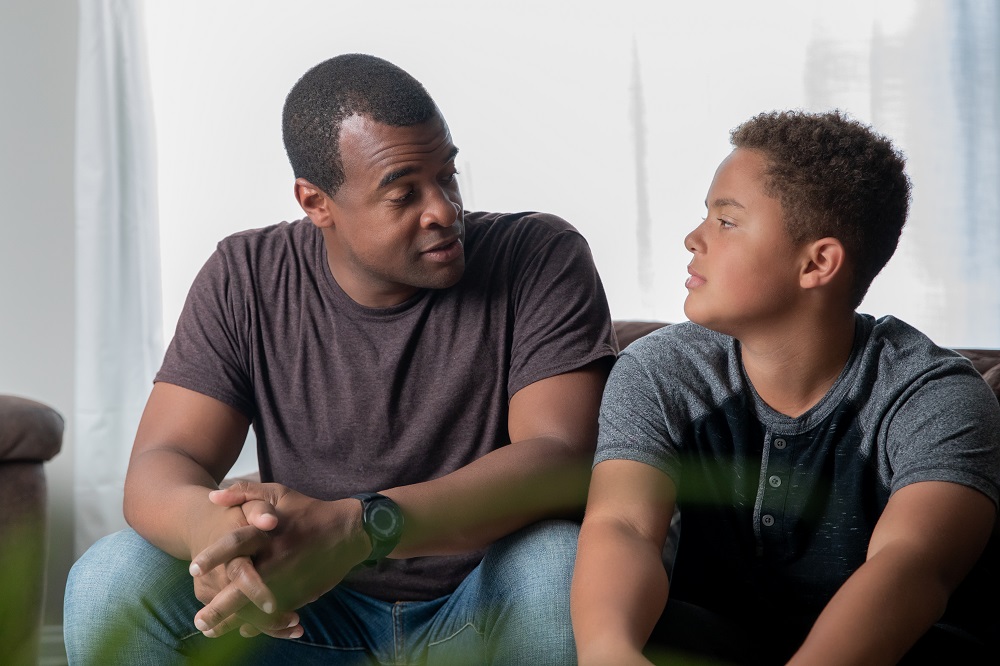
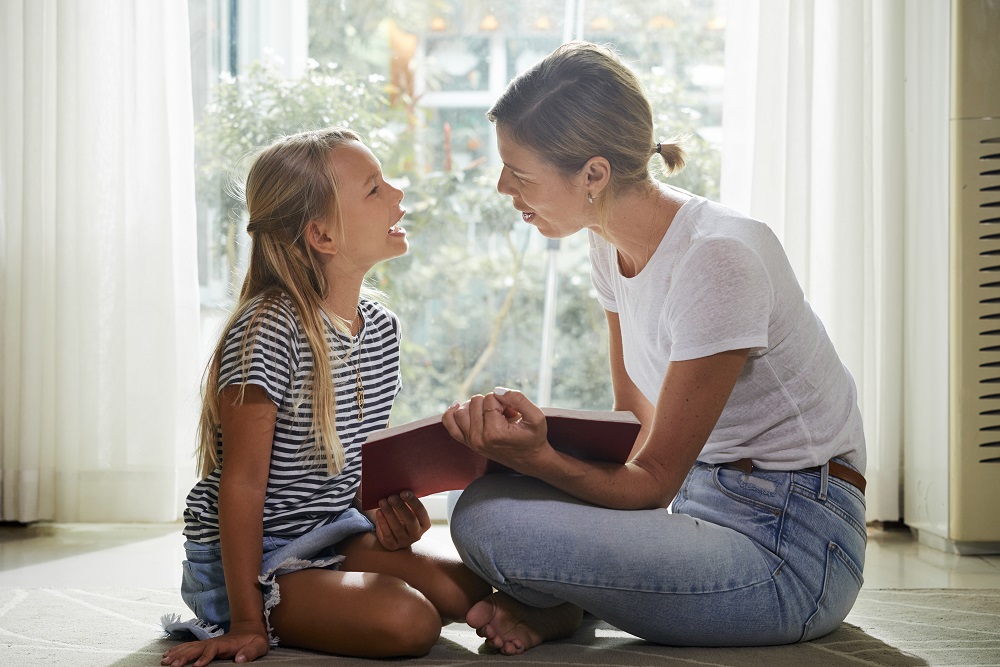
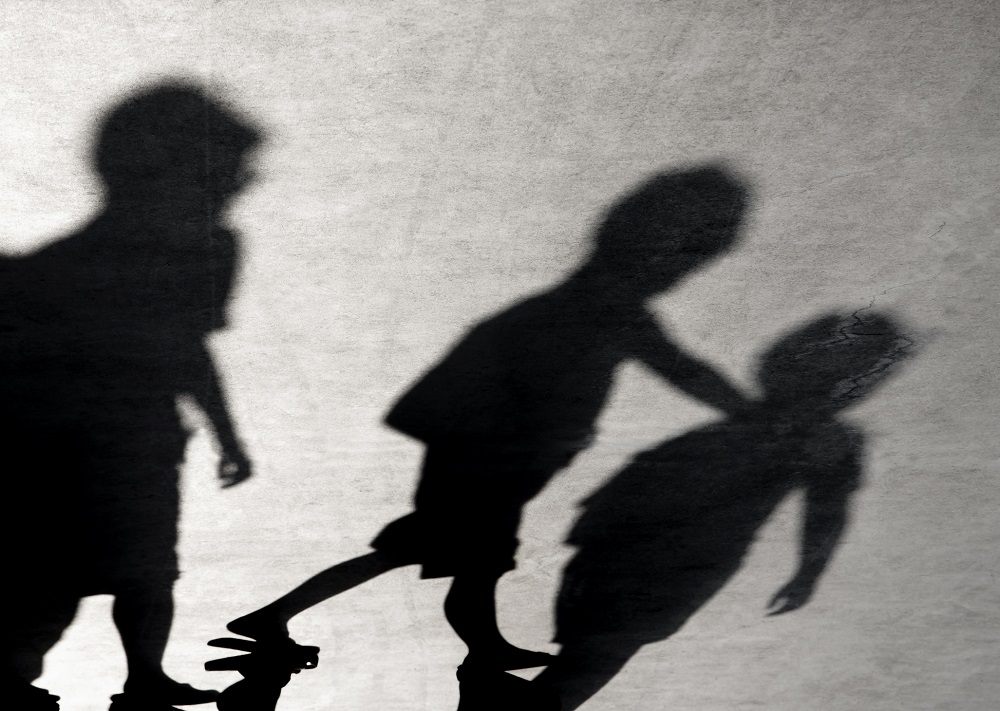
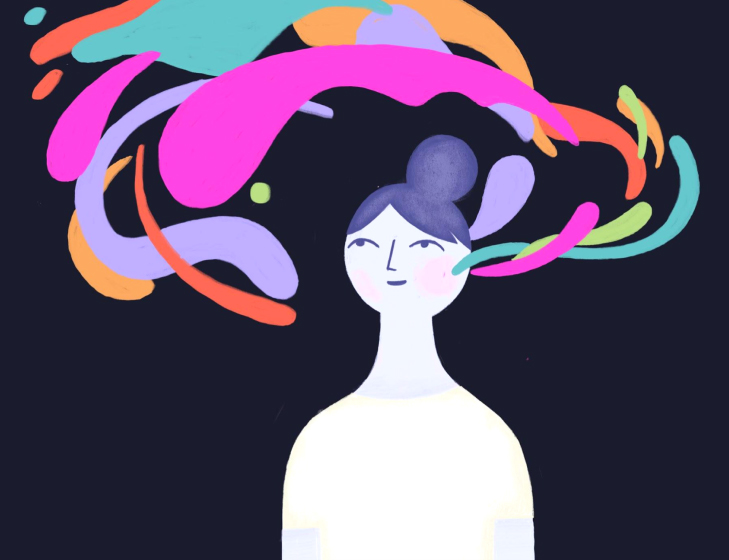
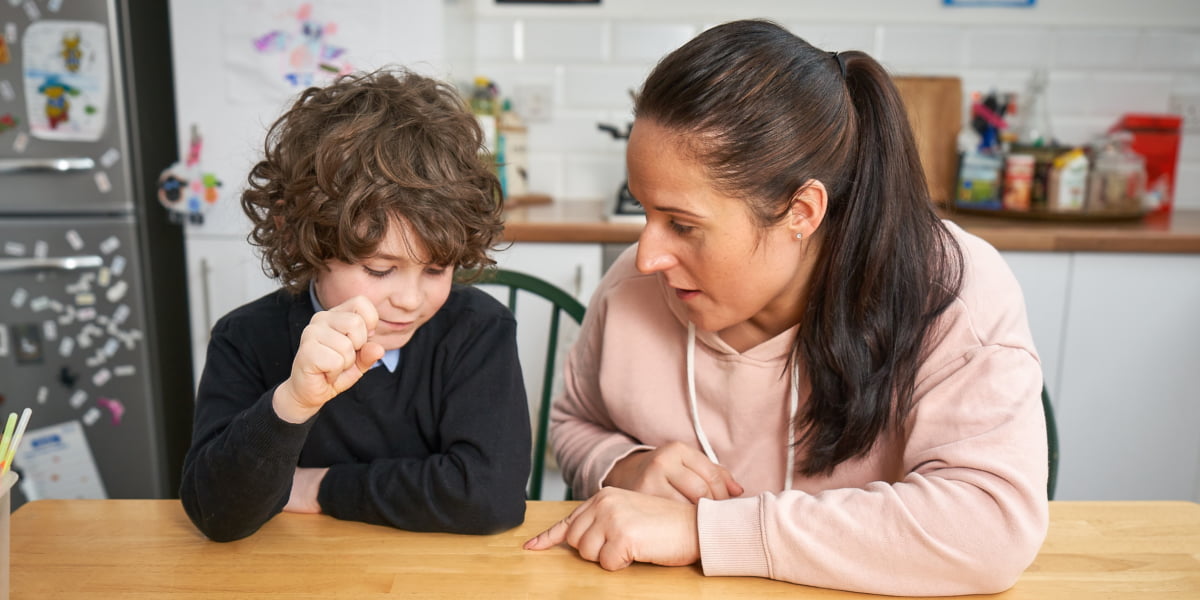

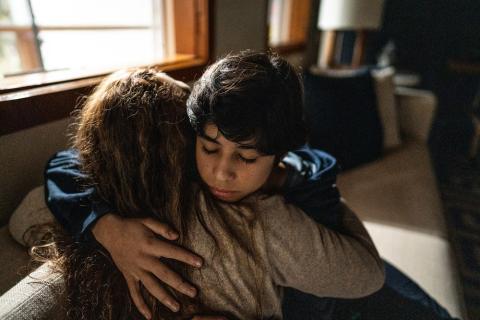
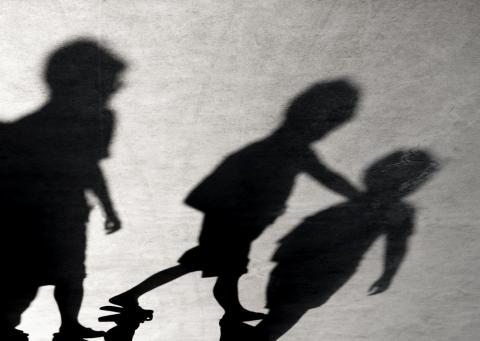
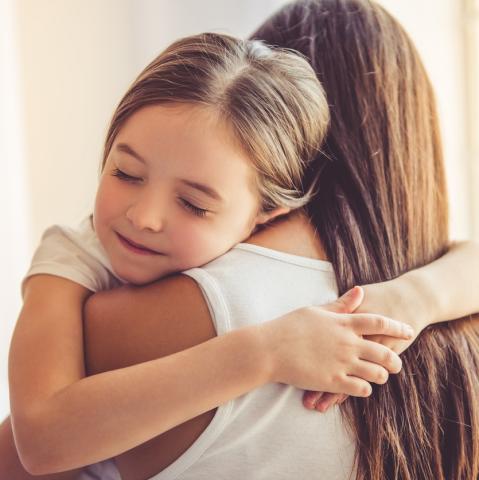
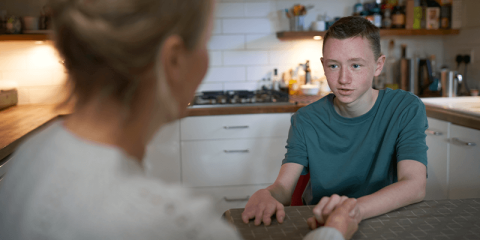
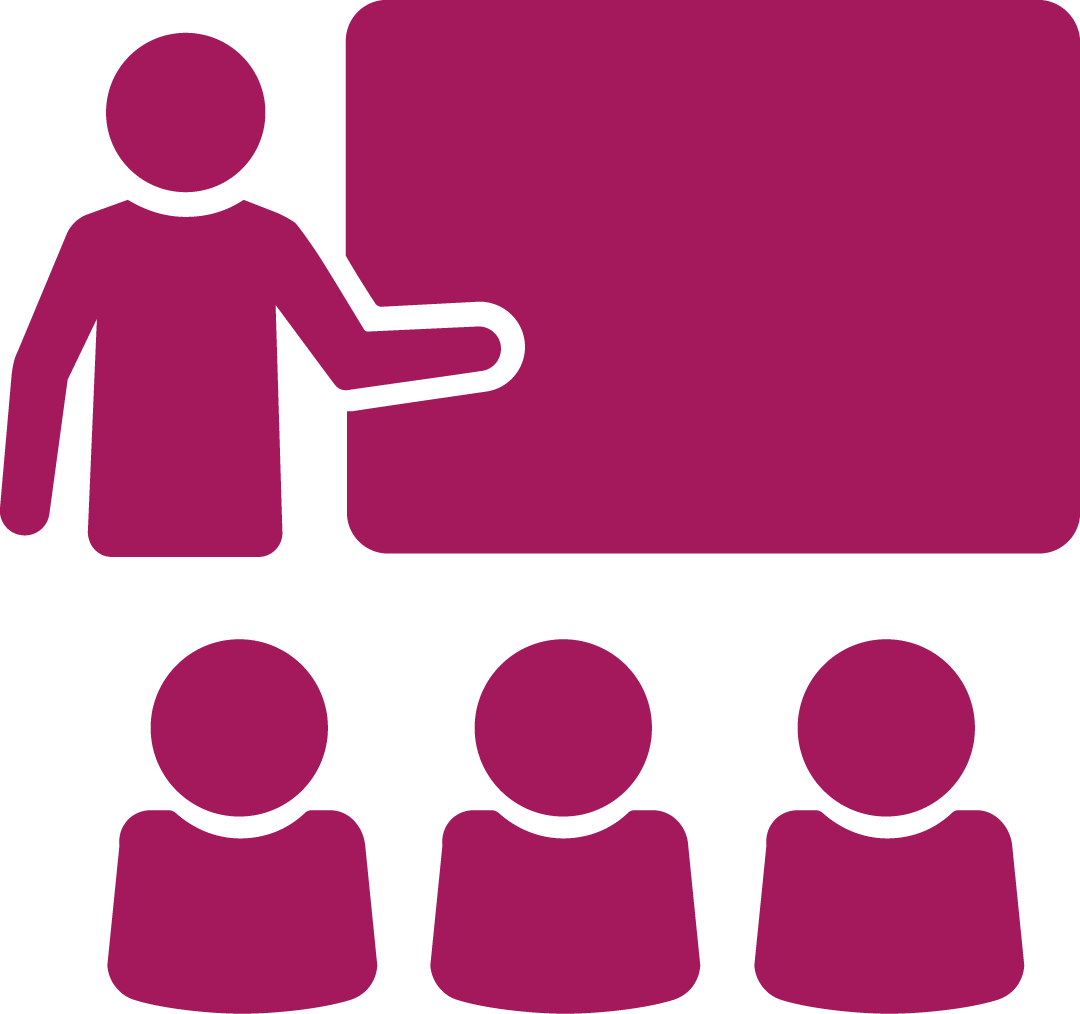 School & Education
School & Education
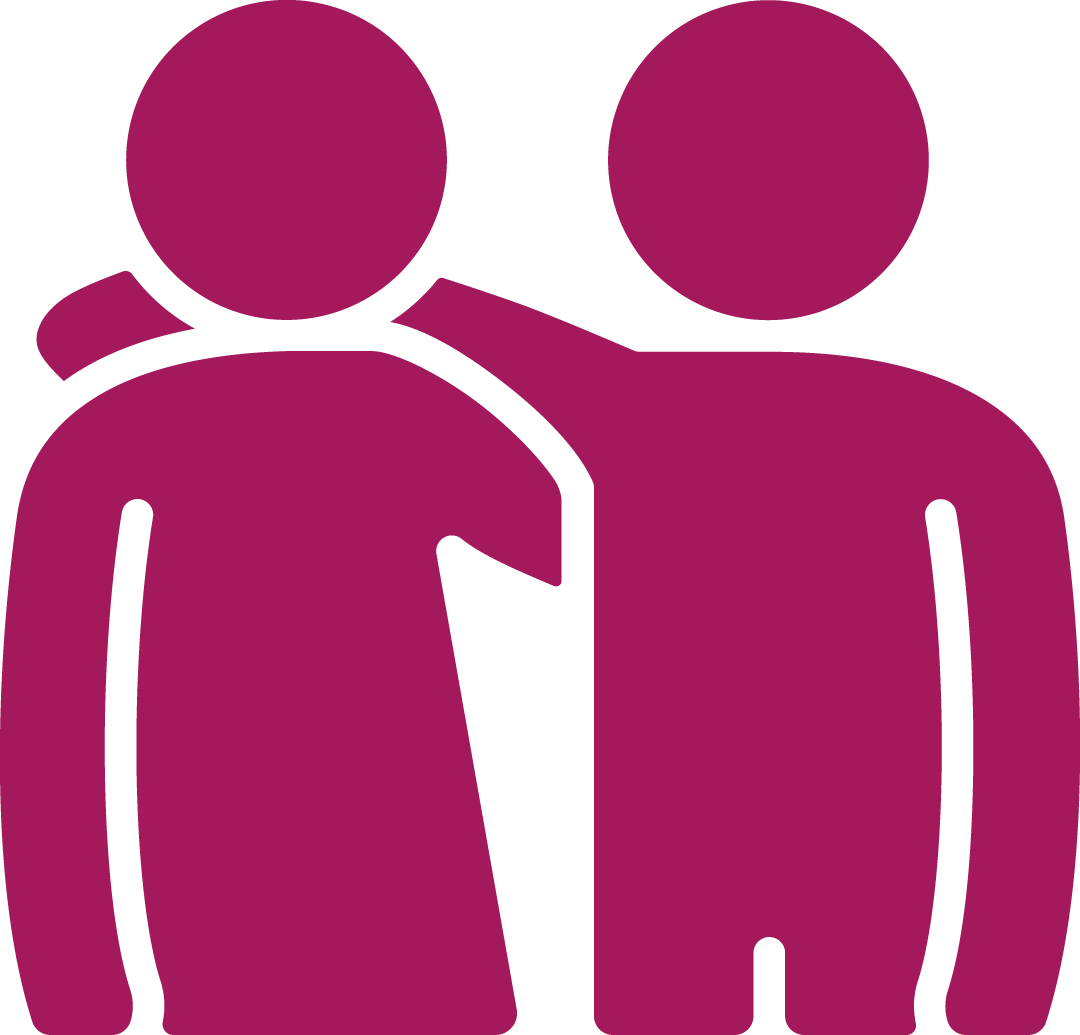 Family, Friends & Relationships
Family, Friends & Relationships